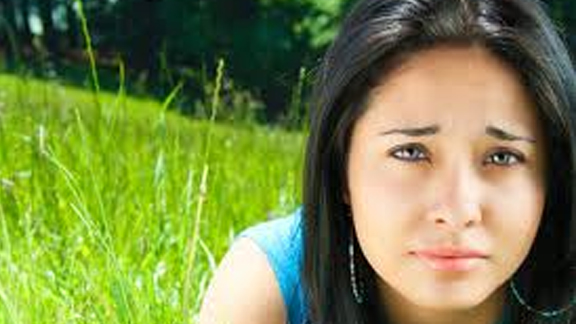by Katherine Lee, LCSW
Spring and summer are near, and while many have waited months to embrace warmer weather and outdoor activities, others may not feel too happy about it. Many clients I see find it confusing that upsetting emotions begin to emerge once spring comes along. Most people can relate at least in some part to “the winter blues,” but transitioning into these seasons can also feel difficult. Here are a few common reasons why.
Springtime means that endings are near
Adults who are coming out of college, graduate school, or just winding down for a long summer vacation may not feel as relieved as they would imagine. Think about it—by ending school or getting away from work, you are essentially shutting off vital parts of everyday life, like productivity, collegiality, and socialization. Even a summer at the beach, as relaxing as it sounds, may begin to feel dull and lonesome if there is not enough to replace what are now days of idle time in your schedule. I encourage people to use the summer months as much as possible to try new hobbies, to join new meetup groups, and to remain active and social since it’s a time when (believe it or not!) you may really miss school or work.
Warmer weather and longer days mean that there is more pressure to be social
New York City in the spring or summertime means that the streets are usually filled with people socializing until late hours. This sounds great for some, but not for others. Those who lack a steady social circle, who are single or newly single, or those who recently moved to the city and are still trying to get their bearings tend to have a harder time in the warmer months. Walking by groups of friends having fun can trigger loneliness to the point of hibernating in one’s apartment just to avoid the outdoors (sound familiar to avoiding the dreary weather during “winter blues” season?) Instead of spending all of your time at home (which will only feed depression and loneliness), I recommend that clients in this predicament try to spend more time in large, open spaces, such as parks, where crowds are more dispersed. And as always—being active and engaging in activities is a great way to meet new people.
Seasonal affective disorder (SAD) exists in warmer months as well
Many people are familiar with the symptoms of seasonal affective disorder during winter months, which include increased sadness, loss of energy and weight gain. SAD can cause the opposite effects in the summertime: insomnia, loss of appetite, and anxiety. What’s worse is that when SAD affects people in the summertime, they often feel that they are the only ones suffering. Limiting exposure to heat and finding relief in cool and air-conditioned environments, along with healthy diet and regular exercise can help—but if symptoms seem to last for more than a few days, it may be a good time to talk to a professional who can help you to find relief.





